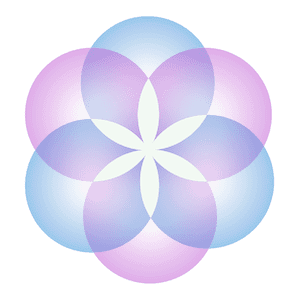Power Meets Intensity
by Juan Hernandez, MSc
Aikido Instructor, Manual Therapist, and Personal Trainer
December 14th, 2018
Photo by tookapic / 1078 images
In physics, power refers to the rate at which work gets done, or the rate at which energy is converted from one type to another or transferred from one place to another.
Power as a physical concept, implies a change in a physical system and a determined time in which change takes place. It differs from the concept of work, which refers only to a net change occurring in the state of the physical system.
The same quantity of work is performed while carrying a load up the stairs regardless of if we carry the load walking or running but running requires more power because the work is performed in less time.
Intensity refers to the power transferred per unit area. In physics is more commonly used with waves, it refers to the quantity of energy that a wave carries per unit of time across a given surface of unit area, it is equal to the density of the energy and it is multiplied by the speed of the wave. Intensity depends on the strength and amplitude that the wave has, this can be understood and applied to ourselves.
The more intense we are, in regard to pursuing our goals for example, the more powerful we are. If we do our work wholeheartedly, we do it with the kind of intensity that capacitates us for truly produce changes.
Photo by : Pexels / 9161 images
Body capacitance refers to the physical property that the human body has and acts as a capacitor. A capacitor is referred to as a passive two-terminal electronic component, which in an electric field stores electrical energy.
As any other object that conducts electrical energy, our human body can store electric charge if it is insulated. Regarding other objects, the actual quantity of capacitance varies according to surroundings, it is low while standing on top of a pole, without having anything nearby, and high while leaning against an insulated grounded and large metal surface, for example a family refrigerator, so it may be for us if we count on a grounded and familiar refreshing friendship.
The effect that a capacitor provokes is referred to as capacitance. Whilst some capacitance is present between any two electrical conductors close to each other in a circuit, the capacitor is an element designed to add more capacitance to a circuit. Originally, the capacitor was referred to as a condensator or condenser. The original name is not commonly used in English, but it is still broadly used in many languages.
In existential terms power might be measured by the capacity of enhancing the well-being of ourselves and others.
While dealing with difficulties the quantity and quality of our serenity might be tested depending on our power.
Part of being successful may well come from being able of building up a stable foundation out of the bricks that we have been recollecting as helpful hindrances.
The intensity by which we love ourselves, others, nature, and what we do, may well determine our power.
If our emotions do not overpower our loving awareness, we may further enable the bright future, that unlike the past, is still in our hands.
Photo by Ian Schneider on Unsplash




